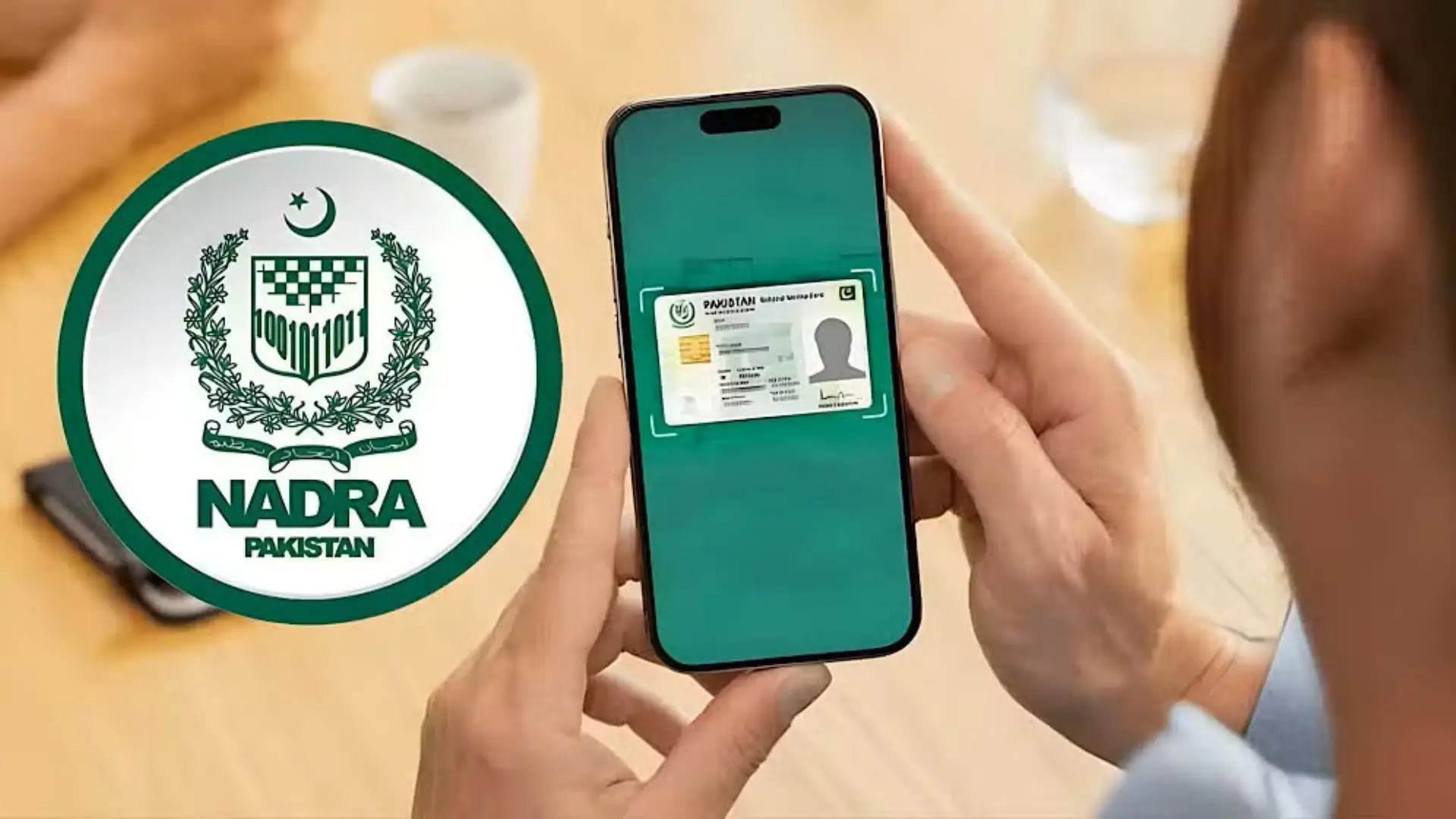The Karachi Traffic Police transfers ban has officially been imposed by Inspector General (IG) Sindh Police Ghulam Nabi Memon. This major decision comes soon after the rollout of the e-challan system across Karachi, aiming to ensure that the enforcement of this technology-based traffic reform remains consistent and effective.
Why Karachi Traffic Police Transfers Are Now Restricted
With Karachi’s traffic challenges growing each year, the police department is prioritizing stability. IG Sindh emphasized that constant reshuffling of officers disrupts workflow and weakens accountability. Therefore, the new order states:
- No traffic police officer or constable can be moved to district police postings.
- All pending Karachi Traffic Police transfers, even previously approved ones, are canceled.
- Personnel must remain in their current units for an uninterrupted implementation of the e-challan system.
This decision directly links staffing stability with better performance monitoring.
Strengthening Accountability Through the E-Challan System
How the ban improves the new system
The Karachi Traffic Police transfers ban supports the digital traffic enforcement model in several ways:
Monitoring officer performance
The e-challan system tracks violations digitally, making it easier to identify underperforming officers. Transferring them too quickly limits accountability.
Reducing corruption opportunities
Frequent movement of police personnel has been linked to internal influence and loopholes. The transfer ban keeps officers rooted to their responsibilities.
Improving road safety
Better enforcement of rules such as:
- Helmet usage
- Speed limits
- Lane discipline
- Seat belt compliance
results in safer roads for Karachi residents.
Why Officers Wanted Transfers After E-Challan Launch
Following the introduction of the e-challan system, many officers reportedly submitted requests for transfers. According to official sources, some personnel who were not performing effectively under the new transparent digital system planned to switch departments to avoid scrutiny.
DIG Traffic informed higher authorities of this trend, prompting immediate action to prevent the e-challan system from being undermined.
A Long-Term Strategy for Karachi’s Traffic Management
The ban on Karachi Traffic Police transfers isn’t just an administrative move — it represents a larger traffic reform effort. By keeping trained officers in place:
- Expertise in digital enforcement will grow
- Citizens will see faster and more fair processing of violations
- Roads will become safer over time
- Corruption and negligence can be reduced
The improved system will also allow better tracking of fines, ensuring that revenue from traffic violations contributes to city development.
What This Means for Karachi Drivers
For motorists, this policy could result in:
| Benefit | Impact |
|---|---|
| Consistent enforcement | Same rules enforced across all areas |
| More transparency | Evidence-based e-challans |
| Faster dispute resolution | Data stored digitally for review |
| Improved road safety | Better monitoring and discipline |
Drivers are now more likely to face consequences for violations captured through traffic cameras, reducing reliance on manual ticketing.
Conclusion
The ban on Karachi Traffic Police transfers marks a significant shift in how traffic enforcement will operate in Pakistan’s largest city. With the e-challan system gaining momentum, this stability-focused policy is designed to increase accountability, reduce corruption, and ensure smoother traffic operations for millions of commuters.
As Karachi continues modernizing its policing methods, the success of this initiative will depend on consistent oversight and support from leadership — and cooperation from citizens on the road.













